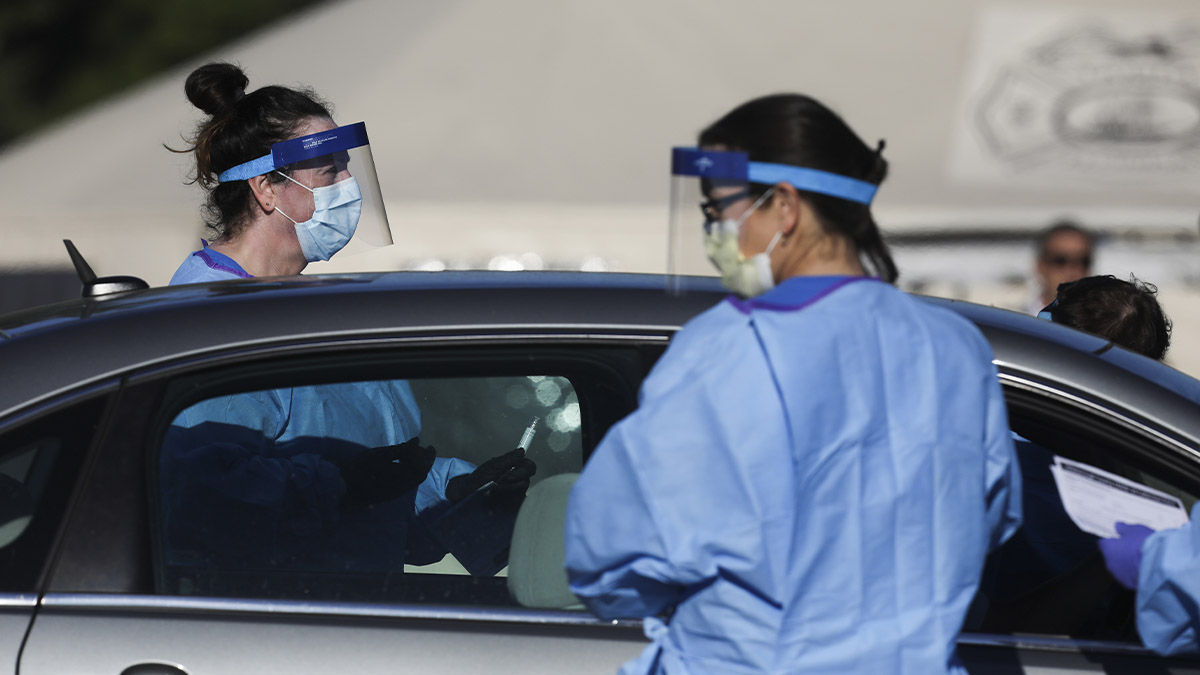
In a detailed 2014 report, the American Academy of Pediatrics called the problem of tired teens a public health epidemic.

While studies show that both adults and teens in industrialized nations are becoming more sleep deprived, the problem is most acute among teens, said Nanci Yuan, MD, director of the Stanford Children’s Health Sleep Center. It’s a problem that knows no economic boundaries. Sleep deprivation increases the likelihood teens will suffer myriad negative consequences, including an inability to concentrate, poor grades, drowsy-driving incidents, anxiety, depression, thoughts of suicide and even suicide attempts. According to a 2006 National Sleep Foundation poll, the organization’s most recent survey of teen sleep, more than 87 percent of high school students in the United States get far less than the recommended eight to 10 hours, and the amount of time they sleep is decreasing - a serious threat to their health, safety and academic success. Walworth is among a generation of teens growing up chronically sleep-deprived. … The whole essence of learning is lost,” she said. But that night, she will have to try to catch up on what she missed in class. “You feel tired and exhausted, but you think you just need to get through the day so you can go home and sleep,” said the Palo Alto, California, teen. She is unable to focus on what’s being taught, and her mind drifts. The next morning, she fights to stay awake in her first-period U.S. She finally crawls into bed around midnight or 12:30 a.m.

But she knows she must move through it, because more assignments in physics, calculus or French await her. She is desperately tired and longs for sleep. For 10 minutes or so, she just sits at her desk and cries, overwhelmed by unrelenting school demands. Carolyn Walworth, 17, often reaches a breaking point around 11 p.m., when she collapses in tears.


 0 kommentar(er)
0 kommentar(er)
